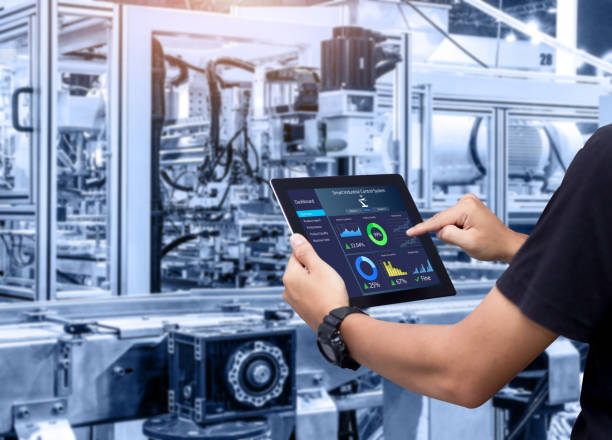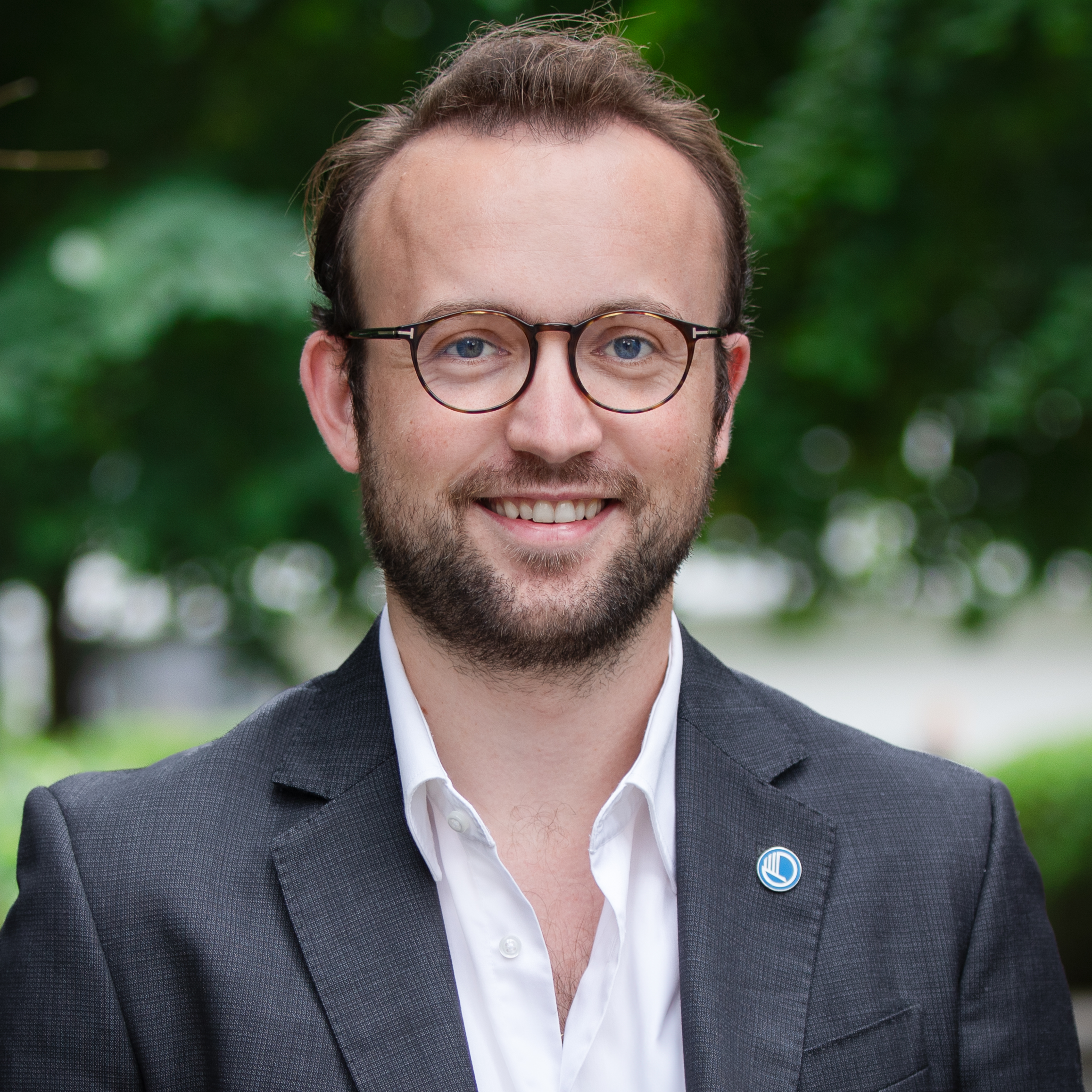
The structure of the Nordic Energy Outlooks – Nordic Energy System Research Programme
What is the Nordic Energy Outlooks programme? The programme consists of four work packages and is analyzed by selected research environments, led by SINTEF Energy and in collaboration with Nordic…
What is the Nordic Energy Outlooks programme?
The programme consists of four work packages and is analyzed by selected research environments, led by SINTEF Energy and in collaboration with Nordic Energy Research.
Aims of the programme
The aims of The Nordic Energy Outlooks – Nordic energy system research programme are to:
- Strengthen Nordic research competencies and collaboration between different groups and institutions researching Nordic energy systems by building on existing national research programs.
- Add Nordic and national value by facilitating synthesis of current national research results and benchmarking these on a regional level.
- Bring together national research group with specific knowledge of sub-sectors in the field to investigate similar research questions would give additional insights into how methodology, models and assumptions influence results.
The structure of the program
The program is divided into four work packages or WP’s. Each work package is analyzed by selected research environments in collaboration with Nordic Energy Research and SINTEF Energy. SINTEF was selected to carry out WP0 and designated as the project lead institution for the entire program.
SINTEF Energy follows and participates in all the work packages of the program and is responsible for the overall coordination. Selected institutions for WP1–4 participate by using existing competencies and their own analyses of energy systems in cooperation with SINTEF Energy and the other members of each consortium for the individual work packages.
WP0, (September 2021 – August 2023) – Project lead
To ensure ownership, continuity and experience feedback throughout the Program, a dedicated Project lead will follow and participate in all WPs in the Program as well as having the overall coordination responsibility.
Participating institutions:
Funding: NOK 1.4 million
WP1, (September 2021 – March 2022) Bioenergy and links to agriculture & LULUCF in a Nordic context
In WP1, the participants should explore and describe the role of bioenergy in the Nordic energy system. How can topics like resource potentials, goal conflicts and synergies with other environmental or other objectives, LULUCF calculations, and other issues, be implemented in an energy system analysis? How will different methods and assumptions affect the results, and what consequences will these findings have for the energy system?
The results from the work package should provide more knowledge on the role of bioenergy in the energy system, and the various challenges and benefits of using bioenergy. A Nordic perspective should be investigated.
Participating institutions:
Funding: NOK 1.5 million
WP2, (March 2022 – August 2022) Increased electrification - new electricity generators and consumers
In WP2 the participants will explore and describe how increased electrification from new electricity generators and consumers (Offshore wind, PV, P2X, CC(U)S, EVs, new industrial processes e.g. the Hydrogen-based steel production, data centers, Flexible heat-pumps and electric boilers, Smart appliances, etc.) and changes to the transmission grid, the distribution grid and storage can be implemented in energy system analysis, how different methods and assumptions affect the results, and what consequences these new trends will have for the energy system (changes to different demands and emissions). In this WP, various measures, and policies for introducing these new generators and consumers, and how to ensure a reliable and efficient grid in the Nordic countries should be analyzed and assessed.
Participating institutions:
Institute for Energy Technology (Norway)
Funding: NOK 2 millions
WP3, (August 2022 – February 2023) Energy efficiency and conservation in a Nordic perspective
In WP3 the participants will explore and describe how energy efficiency and conservation can be implemented in energy system analysis, how different methods and assumptions affects the results, and what consequences energy efficiency and conservation can have for the overall energy system. National and EU targets for energy efficiency, as well as an increased focus on energy conservation and material efficiency will affect the energy system. In this WP, various measures, and policies for achieving energy efficiency and conservation in the Nordic countries should be analyzed and assessed.
Participating institutions:
Institute for Energy Technology (Norway)
Funding: NOK 2 millions
WP4, (February 2023 – August 2023) Fossil free and resource efficient transport and transport infrastructure
In WP4, the participants will explore and describe how fossil free, and resource efficient transport and transport infrastructure can be implemented in energy system analysis, how different methods and assumptions affects the results, and what consequences new technology, modal shifts, mobility and freight trends, demographic development, urbanization trends and spatial development can have for the energy system. In this WP, various measures, and policies for achieving efficient and low-carbon transport should be analyzed and assessed.
Participating institutions:
Institute for Energy Technology (Norway)
Funding: NOK 2 millions
Background and previous call
The Nordic countries have a strong tradition in analyzing energy systems and energy modelling. Today, international forums facilitate collaboration amongst subsets of modelling groups, but often without a Nordic focus (such as the IEA ETSAP group for TIMES modelling).
Current Nordic and European projects include subsets of research groups from Nordic countries, but do not have comparative modelling within their scope (such as the Nordic Clean Energy Scenarios).
Nordic Energy Research has previously funded projects to promote collaboration between different groups and institutions researching Nordic energy systems – e.g. Nordic Energy Technology Perspectives 2013 and 2016
To continue previous collaborations and strengthen Nordic research in energy systems the Board of Nordic Energy Research initiated the Nordic Energy Outlooks – Nordic energy system research Program (NEOs) in 2018.
December 2020 a Memorandum of Understanding to finance the program was signed by Nordic Energy Research, The Research Council of Norway, The Danish Energy Agency, and The Swedish Energy Agency.
Management and Contact
Ole Aune Ødegård
Adviser
Phone: +47 48 07 43 34
Email: ole.odegard@nordicenergy.org
Kevin Johnsen
Senior Adviser
Phone: +47 478 50 782
Email: kevin.johnsen@nordicenergy.org

